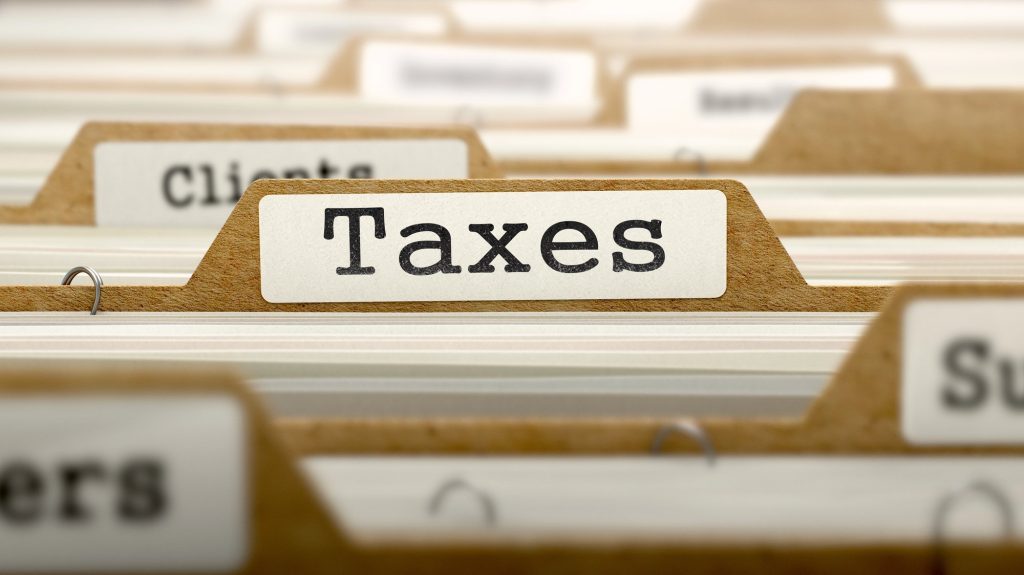
The 2024 federal income tax filing deadline is April 15, 2025. There are some federal employees and retirees who have not filed their 2024 federal income tax returns and may not be able to do so before the filing deadline or have filed their income tax returns before the filing deadline but are unable to pay the balance due. This column discusses late filing and late payment penalties and what individuals can do to minimize or avoid these penalties.
Late Filing and Late Payment Penalties
IRS penalties for late filing are not imposed if an individual can explain that the failure to pay on time was a result of reasonable cause, rather than willful neglect. The individual is advised to proactively request abatement before any IRS notice is sent to the individual by submitting a written letter to the director of IRS Service Center where the tax return was submitted. The letter should present all the facts showing the cause for failure to file on time. Included should be the following declaration:
“Under penalties of perjury, I declare that I have examined this statement and accompanying information and, to the best of my knowledge and belief, they are true, correct and complete.”
Reasonable causes for late filing include:
1. Death or serious illness of the individual or an immediate family member.
2. Unavoidable absence of the individual on the filing due date, and
3. Destruction of the individual’s residence or business.
Reasonable cause for failure to pay means that an individual used ordinary business care and prudence to provide for payment of tax but was still unable to make payment of taxes owed, without severe economic loss. The individual must show using some type of financial statement (for example, a cash flow statement) that the individual’s expenditures before the tax filing due date were reasonable in relation to the individual’s income. Or something unexpected occurred that resulted in a severe economic loss. Lavish expenditures, speculative investments, or investment in illiquid (for example, gold futures or cryptocurrency) assets are an indication that the individual was not careful or prudent.
Options for Individuals Unable to Pay Federal Income Tax Due
If an individual can make payment of a portion of the balance due when filing the federal income tax return, he or she should. The IRS will then mail the individual an IRS Notice of Tax Due. The cost for paying late are interest charges (the interest is the federal rate) plus a late payment penalty of 0.5 percent monthly, with a maximum of 25 percent. Another option is to pay by credit card. The cost of paying by credit card is a percentage of tax as a convenience fee plus interest at the credit card rate.
An Installment Agreement
Internal Revenue Code Section 6159(c) requires the IRS to accept a proposed installment agreement from an individual who owes federal income tax of $10,000 or less. The individual: (1)Must agree to fully pay the tax liability within three years; (2) Has not entered into an installment agreement within the last five years” (3) Has not failed to file an income tax return or pay any tax shown o n such returns during any of the preceding five tax years; and (4) Agrees to file and pay all tax returns during the term of the agreement. Note that the $10,000 limit applies to the federal tax due only; penalties or interest, (assessed or accrued) are not included in the $10,000 limit.
An individual’s specific tax situation will determine which payment options are available These payment options include: (1) Short-term agreement – paying within 180 days or less; or (2) Long-term agreement – more in more than 180 days.
Payments can be made via automatic payments from a checking or savings account, Electronic Federal Tax Payment System (EFTPS), or check, money order or debit/credit card. For long-term balances over $25,000, automatic payments must be made from a checking account.
Monthly Installment Plan
Individuals who cannot or choose not to use the IRS Online Payment Agreement Application system can file IRS Form 9465 (Installment Agreement Request) to request a monthly installment plan. IF the amount owed is between $25,000 and $49,999, payments are made by direct debit or by payroll deductions. A payroll deduction agreement is not available if Form 9465 is filed electronically. Interest and late payment penalties continue to apply during the installment period.
Extension of Time to Pay
An individual can request a six-month extension to pay the balance due on his or her income tax return by filing IRS Form 1127 (Application for Extension of Time for Payment of Tax Due to Undue Hardship). The individual must show that he or she cannot sell assets or borrow to pay the tax except under terms that would cause severe loss and undue hardship. A balance sheet showing assets and liabilities, and a cash flow statement, showing receipts (income) and expense (disbursements) preceding the due date of the tax balance due are required.
IRS Form 1127 must be filed by the due date for payment. An approved extension eliminates the payment penalty but has no effect on interest charges.
State Tax Liability
Those individuals living in states with state and local income taxes and who are unable to pay their 2024 state income tax liability should contact their state revenue departments to make arrangements to pay their liability. They are advised to file their state income tax return by the tax filing deadline and pay whatever they can when they file their state income tax return.

